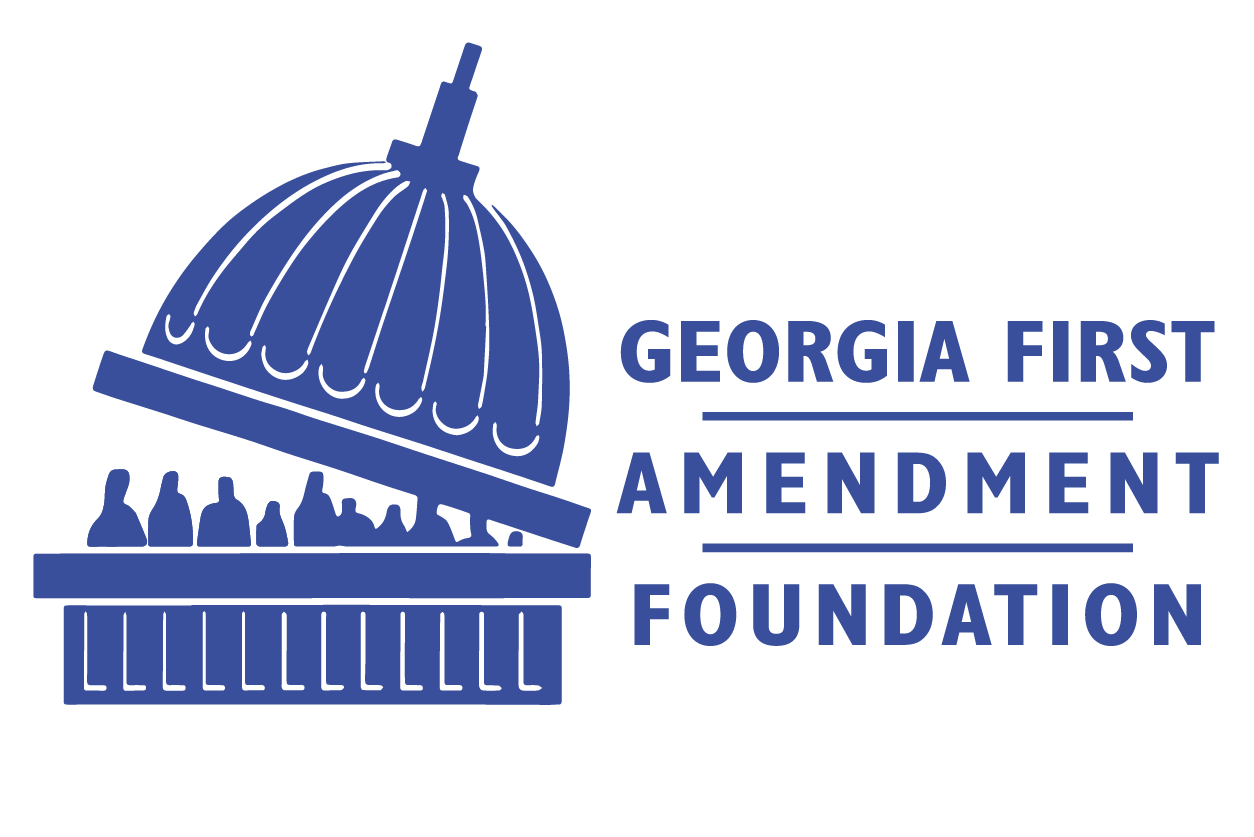GFAF argues against a restrictive interpretation of state Sunshine Laws.
The Georgia Supreme Court will hear arguments on Monday about whether public information that qualifies for an exemption under the Open Records Act must be withheld — even if a government agency wants to disclose it.
The Georgia First Amendment Foundation believes that the Act is intended to provide broad access to public information and allows agencies to opt out of exemptions. Earlier this week, GFAF joined three other organizations in a friend-of-the-court brief in the case — Board of Regents of the University System of Georgia and Campaign for Accountability v. Consumer Credit Research Foundation — asking the Supreme Court to overturn an appellate decision that, if upheld, could hobble Georgia’s Open Records Act.
In the brief, the Reporters Committee for Freedom of the Press, the Georgia Press Association, the Atlanta Journal-Constitution and GFAF sided with the Board of Regents and the Campaign for Accountability.
The case began with a lawsuit filed by the Consumer Credit Research Foundation. CCRF, which is funded by the payday lending industry to support academic research on consumer finance, sought to block an open records request filed by the Campaign for Accountability. The Campaign for Accountability was asking for correspondence between CCRF and a Kennesaw State University professor who had received CCRF research funding.
Kennesaw State said it was willing to release the correspondence. CCRF then sued to block the release. A Fulton Superior Court judge ruled for Kennesaw State, concluding that although academic research exemptions gave KSU the authority to withhold the information, the university also had the right to release it.
The Court of Appeals of Georgia reversed that decision, relying heavily on a 1995 case involving tax information that determined the state Open Records Act “mandates the nondisclosure of certain excepted information.”
The amicus brief, authored by GFAF board member Peter Canfield and three other attorneys from Jones Day, argues that the Court of Appeals misinterpreted the 1995 case, Bowers v. Shelton. The flawed result: a restrictive construction of the law suggesting that a public record that qualifies for exemption cannot be made available through an Open Records request — even if the agency wants to release it.
The Georgia First Amendment Foundation believes the appellate court’s narrow interpretation conflicts with the Open Records Act’s text, Georgia case law and the General Assembly’s intent. It also would make Georgia a national outlier. As the brief explains, almost every state takes the position that public records should be accessible, and where exemptions exist, public authorities may withhold information but are not required to do so.
A live webcast of oral arguments is scheduled for Monday, Feb. 5 at 10 a.m.
